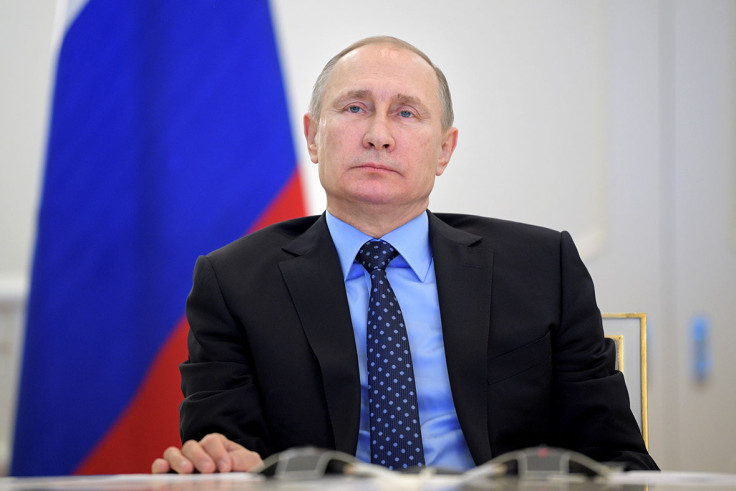FBI investigating how Russia bombarded internet with RT, InfoWars and Breitbart articles
Law enforcement agency looking at millions of Twitter and Facebook posts with links that mixed fact and fiction.
The FBI is investigating how Russia allegedly used an internet army to bombard America with right-wing news and fake stories when candidate Donald Trump was on the defensive during the 2016 election. They are also looking at whether any of those news outlets worked to help Russian operatives.
Lead by the FBI's Counterintelligence Division, the investigation is examining how stories from sites like Breitbart News, InfoWars, and the Kremlin-backed RT News and Sputnik News, were spread across the internet, two sources familiar with the investigation told publisher McClatchy.
The investigation, the sources said, is also examining whether certain far-right sites took any action to assist Russia.
In early January 2017 America's intelligence agencies concluded Russia had mounted a disinformation campaign to influence the US election and picked out RT's American division as one of the culprits.
On Monday (20 March) FBI Director James Comey said during a House Intelligence Committee hearing on the issue that Russia's efforts were targeted to "hurt our democracy" and specifically "hurt" Democratic candidate Hillary Clinton and "help" current President Donald Trump.
Investigators are now looking at millions of Twitter and Facebook posts carrying links to real stories, and others that mixed fact and fiction, on conservative websites that were sent out by social media bots. These computer programmes, of "bots," are operated by Russia on multiple social media accounts and can be programmed and coordinated to spread and amplify messages across the internet.
The sources told McClatchy that Russia used these social media accounts to bombard the internet with pro-Trump stories at times during the campaign when he was on the defensive against Clinton.
In October 2016 a tape of Trump making lewd and derogatory comments about sexually assaulting women emerged. Days later, Trump quoted an article from the Kremlin-backed Sputnik News, or potentially a random Twitter feed, during a rally in Pennsylvania. It purported to show a Hillary Clinton aide saying that Clinton "failed to protect US personnel at an American consulate in Libya" when she was secretary of state. It turned out the quote actually came from a Newsweek article.
Russian bots and paid trolls used the timed release of information "to propagate stories underground," former Obama administration Pentagon official Mike Carpenter told McClatchy. "Those stories got amplified by fringe elements of our media like Breitbart."
The investigation into the bots is just one branch of several investigations being run by the FBI probing Russia's attempts to influence the 2016 election. Others are working to identify those behind the hacks and publication of the Democratic National Committee's emails, leading Republicans, and Hillary Clinton's campaign manager John Podesta. Others are pursuing leads from informants and foreign communications intercepts about the Trump campaign's contacts with Russian intelligence officers before the November election.
Comey revealed officially for the first time on Monday that the Trump campaign is being investigated by the FBI.
"I'm not gonna sit here and say, 'I'm not a Russian stooge,' because it's a ******* lie," said Alex Jones of the conspiracy theory website InfoWars on his talk show in response to McClatchy's questions. He said the FBI's ongoing investigations and others in the Congressional House and Senate are organised by the political left.
Jones said he has appeared on RT News "probably 100 times or more" and pointed out "there's my Russian connection."

© Copyright IBTimes 2025. All rights reserved.






















